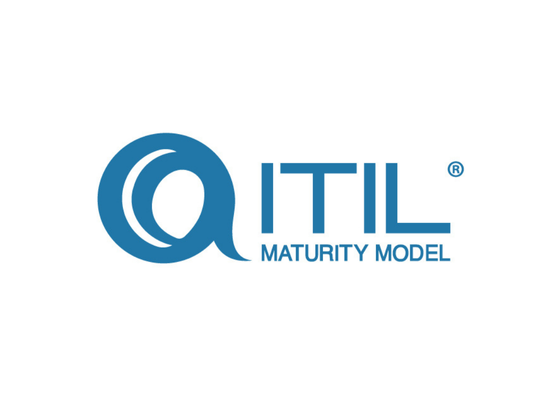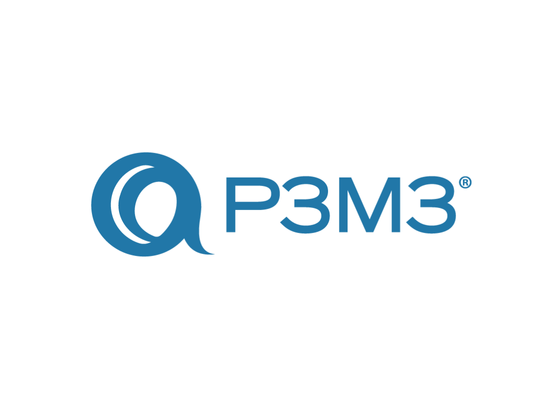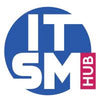The organisation’s IT department is no longer confined to the role of a service provider or order taker. Instead, it has the potential to evolve into a strategic partner, indispensable for driving innovation and organisational success. However, the traditional approach of IT operating solely as an order taker presents several limitations and risks that hinder its ability to fully contribute to the organisation's objectives. Let's delve deeper into these constraints and explore why a shift towards strategic partnership is essential.
Firstly, when IT functions primarily as an order taker, it adopts a reactive stance rather than a proactive one. It becomes a department that simply responds to requests as they come in, without anticipating future needs or actively engaging in strategic planning. Consequently, opportunities for innovation and efficiency improvements are missed, and IT remains in a perpetual state of catch-up rather than leading the charge towards progress.
Secondly, the order-taking mentality often results in a lack of deep understanding of the business's core objectives and challenges. IT becomes disconnected from the broader organisational goals, merely focusing on executing tasks without considering their impact on the company's strategic direction. This disconnect can lead to the delivery of solutions that fail to address the root causes of business problems or fail to capitalise on emerging opportunities.
Moreover, operating as an order taker tends to foster siloed operations within the organisation. IT functions as a separate entity, isolated from other departments, which can lead to duplication of efforts, inefficiencies, and a fragmented approach to technology initiatives. This lack of collaboration inhibits cross-functional innovation and prevents the organisation from harnessing the full potential of its technological resources.
Furthermore, the order-taking approach stifles innovation within the IT department itself. When IT is solely focused on fulfilling requests, there is little room for exploration, experimentation, or creative problem-solving. Instead of being a source of new ideas and solutions, IT becomes a bottleneck, hindering the organisation's ability to adapt to changing market conditions and technological advancements.
To overcome these limitations and risks, IT must transition from being an order taker to a strategic partner. This transformation requires a fundamental shift in mindset, culture, and operational practices. IT departments need to adopt a proactive approach, actively engaging with business stakeholders to understand their needs, challenges, and goals. By aligning technology initiatives with the broader strategic objectives of the organisation, IT can become a driver of innovation and growth rather than a passive executor of tasks.
A cornerstone in this transformation is the development of strong Business Relationship Management (BRM) capabilities. BRM focuses on building and nurturing relationships between IT and business stakeholders, fostering collaboration, trust, and mutual understanding. BRM enables IT to become a trusted advisor to the business, guiding technology investments and initiatives to ensure maximum value realisation. By leveraging BRM, IT can bridge the gap between technology and business, ensuring that IT solutions are not only technically sound but also strategically aligned with the organisation's goals and objectives.
Additionally, IT must cultivate a culture of innovation, encouraging team members to explore new technologies, experiment with novel approaches, and challenge the status quo. By embracing change and adopting a mindset of continuous improvement, IT can stay ahead of the curve and drive meaningful transformation within the organisation. With BRM capabilities embedded within its operations, IT can effectively navigate the complexities of business relationships, anticipate evolving needs, and proactively deliver value-added solutions that drive business success.
As organisations recognise the critical role of Business Relationship Management (BRM) in driving alignment between IT and business objectives, the demand for professionals equipped with BRM expertise continues to rise. ITSM Hub offers comprehensive BRM certification courses designed to empower IT professionals with the knowledge, skills, and capabilities needed to excel in this pivotal role. Through these courses, individuals can gain a deep understanding of BRM principles, practices, and methodologies, enabling them to effectively bridge the gap between IT and business and drive value-driven outcomes. Embracing BRM certification is not just an investment in personal development but a commitment to shaping the future of IT as a strategic partner in organisational success.
Elevate your BRM capability by enrolling your team in our upcoming BRM certification courses!
















